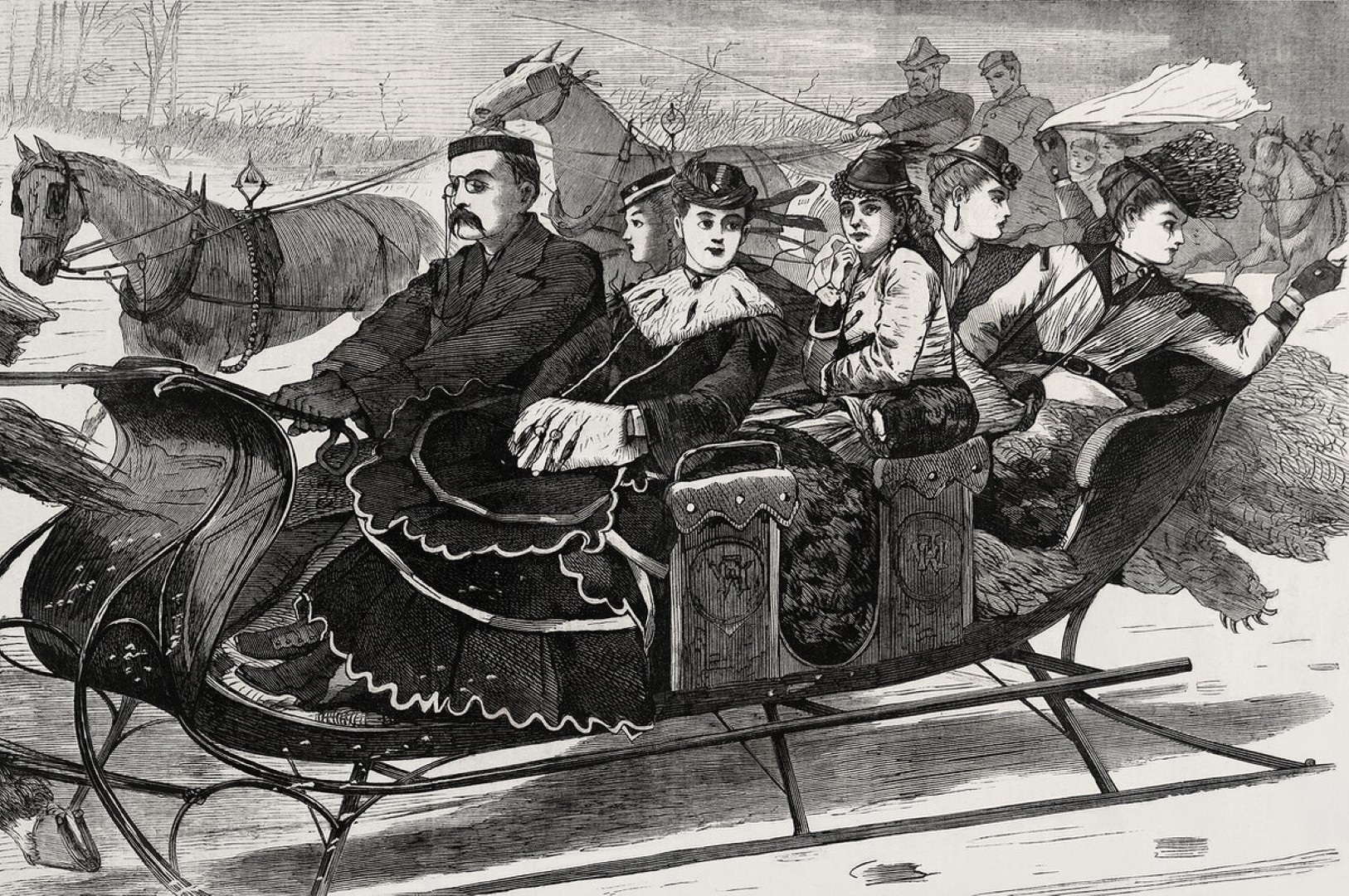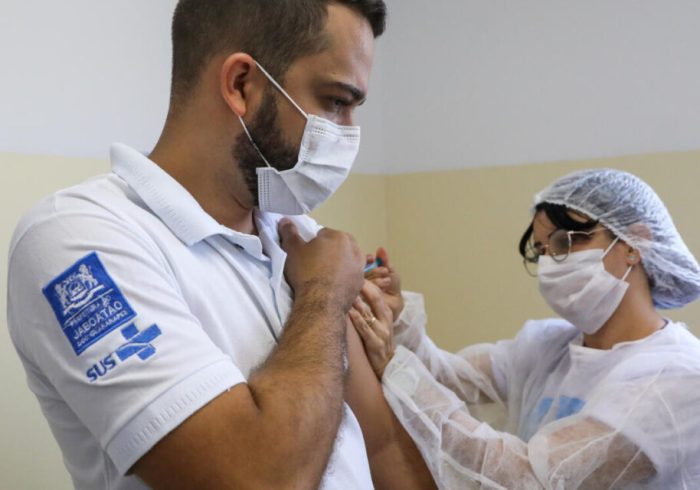In a recent development in the world of sports betting, the U.S. Supreme Court has granted a stay on a Florida case that could have significant implications for the future of gambling in the state. This decision comes as a surprise to many, as it puts a halt to the progress made towards legalizing sports betting in Florida.
The case in question revolves around a constitutional amendment passed by Florida voters in 2018, which gave exclusive rights to operate sports betting to the Seminole Tribe of Florida. The amendment also required the state legislature to pass laws regulating sports betting within one year. However, lawmakers failed to meet this deadline, leading to a legal battle between the state and the tribe.
The Seminole Tribe filed a lawsuit against the state, arguing that it had violated the terms of the amendment by allowing other entities to offer sports betting without their consent. The case made its way through the lower courts, with a federal judge ruling in favor of the tribe earlier this year. This ruling was seen as a major victory for the Seminole Tribe and a step towards legalizing sports betting in Florida.
However, the U.S. Supreme Court’s decision to grant a stay on the case has put a temporary halt to these efforts. The stay means that the lower court’s ruling is on hold while the Supreme Court considers whether or not to take up the case. This decision has left many wondering what it means for the future of sports betting in Florida.
One possible reason for the Supreme Court’s decision to grant a stay is its recent ruling in another gambling-related case. In May, the court struck down a federal law that had prohibited states from legalizing sports betting. This ruling opened the door for states across the country to legalize and regulate sports betting as they see fit. However, it also raised questions about how this ruling would impact existing agreements between states and tribal nations.
The Supreme Court’s decision to grant a stay in the Florida case may indicate that it wants to carefully consider the implications of its previous ruling before allowing sports betting to move forward in the state. By granting a stay, the court is essentially buying itself more time to review the case and make a final decision.
The outcome of this case could have far-reaching consequences for not only Florida but also for other states looking to legalize sports betting. If the Supreme Court ultimately rules in favor of the Seminole Tribe, it could set a precedent that gives tribal nations exclusive rights to operate sports betting in states where they have existing agreements. This could potentially limit the options available to other entities, such as casinos or online sportsbooks, looking to enter the market.
On the other hand, if the court rules against the tribe, it could open the door for other entities to offer sports betting in Florida. This would likely lead to increased competition and potentially more revenue for the state. It would also provide consumers with more options when it comes to placing bets on their favorite sports teams.
Overall, the U.S. Supreme Court’s decision to grant a stay on the Florida sports betting case has created uncertainty and raised important questions about the future of gambling in the state. While it is unclear when a final decision will be made, one thing is certain: the outcome of this case will have a significant impact on the sports betting landscape in Florida and potentially beyond.




